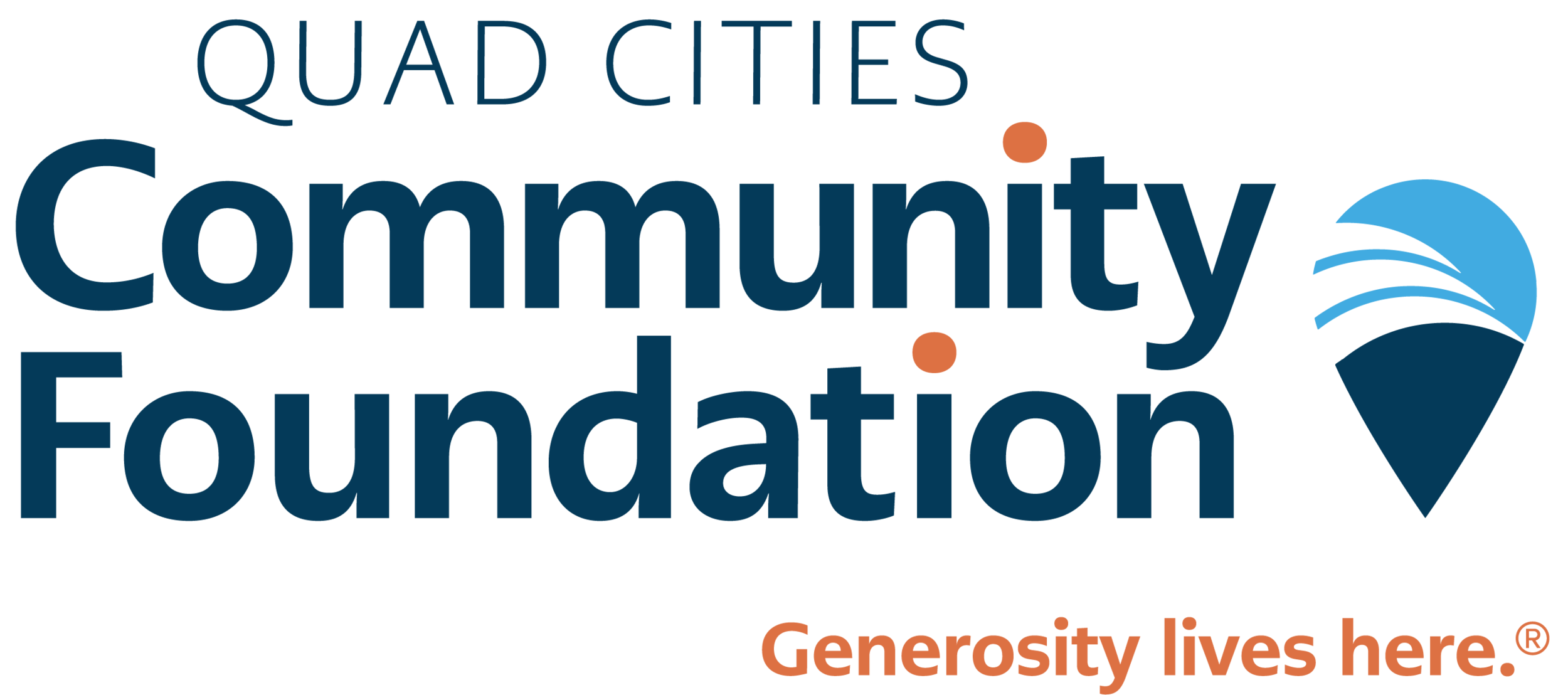Estate planning for each stage of life
Part of the Community Foundation’s Learning Series
When it comes to estate planning, it’s never too early, and it’s never too late.
In fact, according to Johni Hays, JD, executive vice president of Thompson & Associates, estate planning should be a continual process. “The will should not be a static document,” she says. “Our plans can and should change as life changes, and those plans should always reflect our values.”
That concept will be at the center of a free presentation by Hays at the Quad Cities Community Foundation on Thursday, September 21 at 5 p.m. During her seminar “Estate Planning for Each Stage of Life,” participants of all ages and points in life will learn valuable information about living wills, trusts, taxes, inheritance, digital planning, and much more.
To register, contact Jenny Kitsis or call 563-326-2840.
Hays has presented across the country on estate and charitable planning, probate, living wills, annuities, life insurance, retirement planning, and IRAs, as well as income, estate, and gift taxation. “Often people just need that first nudge,” she says. “A comfortable opportunity where they can ask questions and get started with their planning. That’s what this seminar will be.”
“Estate Planning for Each Stage of Life” will be held at the Community Foundation offices on Thursday, September 21, at 5:00 p.m., and RSVPs are encouraged. To register, contact Jenny Kitsis or call 563-326-2840
To discuss more about how you can support your community and the causes most important to you in your will, contact Anne Calder or call 563-326-2840.
The presentation will focus on what things are included in your estate plan and how those plans differ depending on your stage of life; for example, young parents need different plans than people in their retirement years. Hays will also explain what assets are included in an estate and the four critical legal documents required for a comprehensive estate plan.
Hays has a particular focus on values-based estate planning. “You know your values and your goals,” she says. “Your legacy should reflect what you believe in. I work with individuals and families to develop a values statement; then we develop an estate plan to reflect what’s most important for them.”
“The Community Foundation offers this seminar as part of our ongoing learning series,” says Anne Calder, vice president of development at the Foundation. “We believe when people know more, they can make better decisions for themselves, those they care about, and the communities they support.”
Hays says it’s “important to remember that estate planning is not one size fits all.” She encourages families and individuals to start early and take the time to create a plan that’s right for them.
“And it doesn’t need to be a difficult process,” Hays promises. “We make the seminar fun and lively. It’s a conversation, and there are many opportunities to ask questions. You won’t be bored!”
